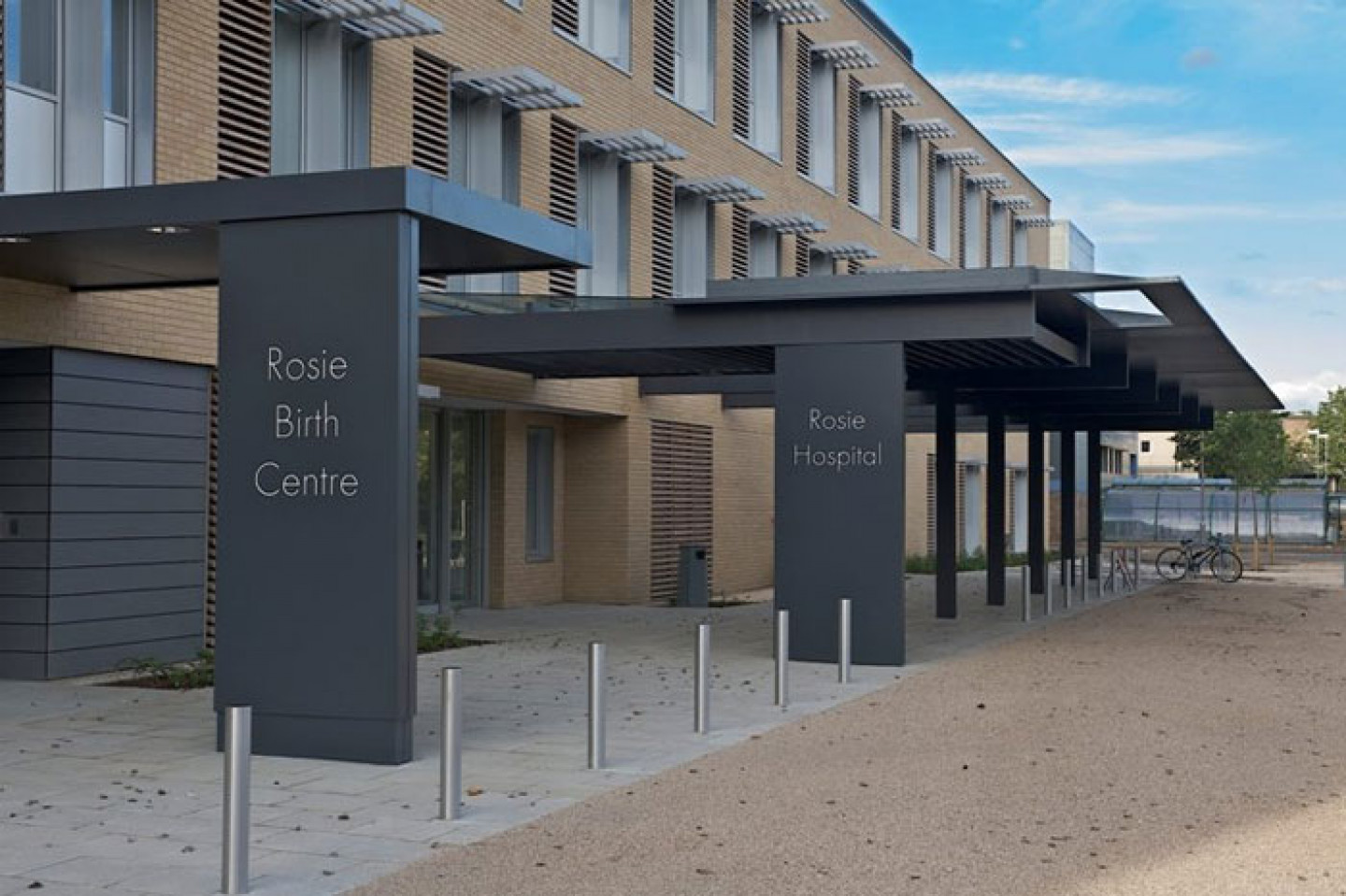Widely considered one of the best maternity hospitals in the UK, Rosie Hospital in Cambridge has undergone a £30m three storey extension to improve the maternity and neonatal services it provides to women and babies across the East of England. The new hospital includes a birth centre, neonatal intensive care unit, accommodation block and maternal and fetal medicine clinics.
As with any healthcare facility, the efficient running of medical equipment and apparatus is imperative to the successful care of the women and babies being treated at the hospital. A power failure could be extremely dangerous for patients as medical equipment needs to be fully operational at all times to ensure the continued safety of patients.
As a result, the selection of equipment to work with the emergency fuel powered back-up generators at the new hospital was an important process. Dowds Group was tasked with installing a reliable pipework system to safely transport fuel from the fuel storage tanks to the main hospital generators and Durapipe PLX was specified as it met the specific criteria demanded of the project.
Durapipe PLX secondary contained pipe-in-pipe system was installed to safely transfer fuel from the existing site distribution system and carry it underground before serving two new stand-by generators in case of a mains power failure. As an extra safety measure, a leak protection management system was also installed to ensure any leaks can be detected between the inner and outer wall of the pipework to provide an early warning to the hospital.
The installation properties of Durapipe PLX were a major factor in the specification process, as the pipework needed to be fixed within a trench and not buried and PLX lends itself to this fitting more so than other pipework alternatives.
Commenting on the installation, Paul Stewart from Dowds Group said: “Ensuring we selected a product that not only met the performance requirements for the hospital, but could also meet the demands of the installation was imperative. Durapipe PLX provided the ideal option as it met all of the project requirements, while offering a cost effective solution.”
Durapipe PLX was also selected due to its high performance properties; a visible barrier layer allows increased resistance to all types of fuel blends, ensuring there is no permeation of fuel through to the atmosphere and its robust polyethylene material provides exceptional resistance to rapid crack propagation and long term stress cracking.
